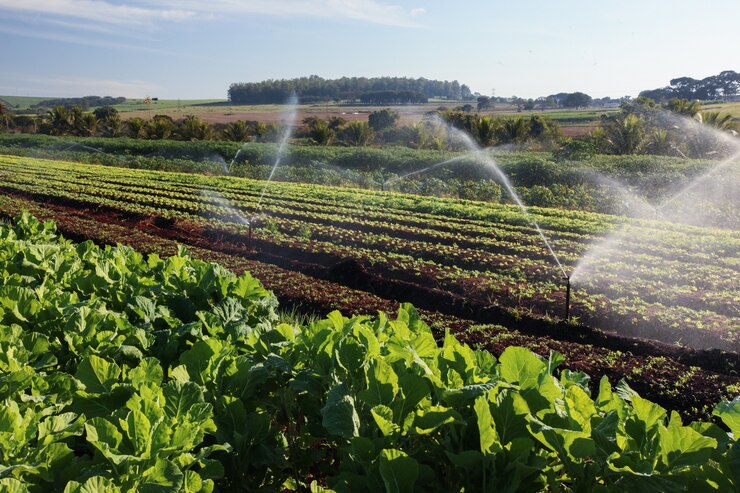Water scarcity is one of the biggest challenges facing farmers in South Africa. With recurring droughts and increasing pressure on water resources, the agricultural sector needs innovative solutions to ensure sustainable food production. Israel, a country with an arid climate and limited freshwater supply, has become a global leader in water conservation. By adopting Israel’s advanced water-saving techniques, South African farmers could reduce costs, improve yields, and secure their agricultural future.
Israel’s Water Conservation Innovations
Despite its desert landscape, Israel has successfully turned water scarcity into an opportunity through groundbreaking technologies and policies. Some of the key strategies include:
- Drip Irrigation Technology – Developed in Israel, drip irrigation delivers water directly to plant roots through a network of tubes and emitters, reducing evaporation and water waste. This method has revolutionized farming in dry regions.
- Recycled Wastewater for Agriculture – Israel recycles over 85% of its wastewater, treating and reusing it for irrigation. This reduces reliance on freshwater sources and ensures a steady water supply for farms.
- Desalination Plants – Seawater desalination provides an additional water source, supplying nearly 60% of Israel’s drinking water and easing pressure on natural reserves.
- Smart Water Management Systems – Israeli farmers use AI-powered sensors and real-time data analytics to monitor soil moisture levels, weather conditions, and crop water needs, ensuring efficient water use.
- Drought-Resistant Crop Varieties – Israeli scientists have developed genetically improved crops that require less water while maintaining high yields.
How These Strategies Can Benefit South African Farmers
South Africa faces similar water challenges as Israel, making these conservation techniques highly relevant. If implemented, they could:
- Reduce Water Costs – Drip irrigation and smart water management can cut water consumption by up to 50%, leading to significant cost savings for farmers.
- Improve Crop Yields – Efficient water use ensures crops receive the right amount of moisture, boosting productivity and reducing losses due to drought.
- Enhance Sustainability – Using treated wastewater for irrigation can help preserve freshwater sources for human consumption.
- Increase Climate Resilience – Advanced irrigation and drought-resistant crops can help farmers adapt to changing climate conditions and unpredictable rainfall.
Making Water Conservation a Priority in SA Agriculture
To successfully adopt Israel’s water-saving strategies, South Africa needs:
- Government Support – Policies that promote water recycling, incentives for adopting smart irrigation, and investments in desalination projects.
- Farmer Training – Educating farmers on efficient irrigation techniques and water management tools.
- Public-Private Partnerships – Collaborations between government agencies, tech companies, and agricultural organizations to scale up water conservation solutions.
A Sustainable Future for SA Farming
By learning from Israel’s success in water conservation, South African farmers can protect their livelihoods, reduce operational costs, and contribute to long-term food security. With the right policies, investments, and innovations, SA’s agricultural sector can thrive even in the face of growing water challenges.
Join 'Farmers Mag' WhatsApp Channel
Get the latest Farming news and tips delivered straight to your WhatsApp
CLICK HERE TO JOIN






